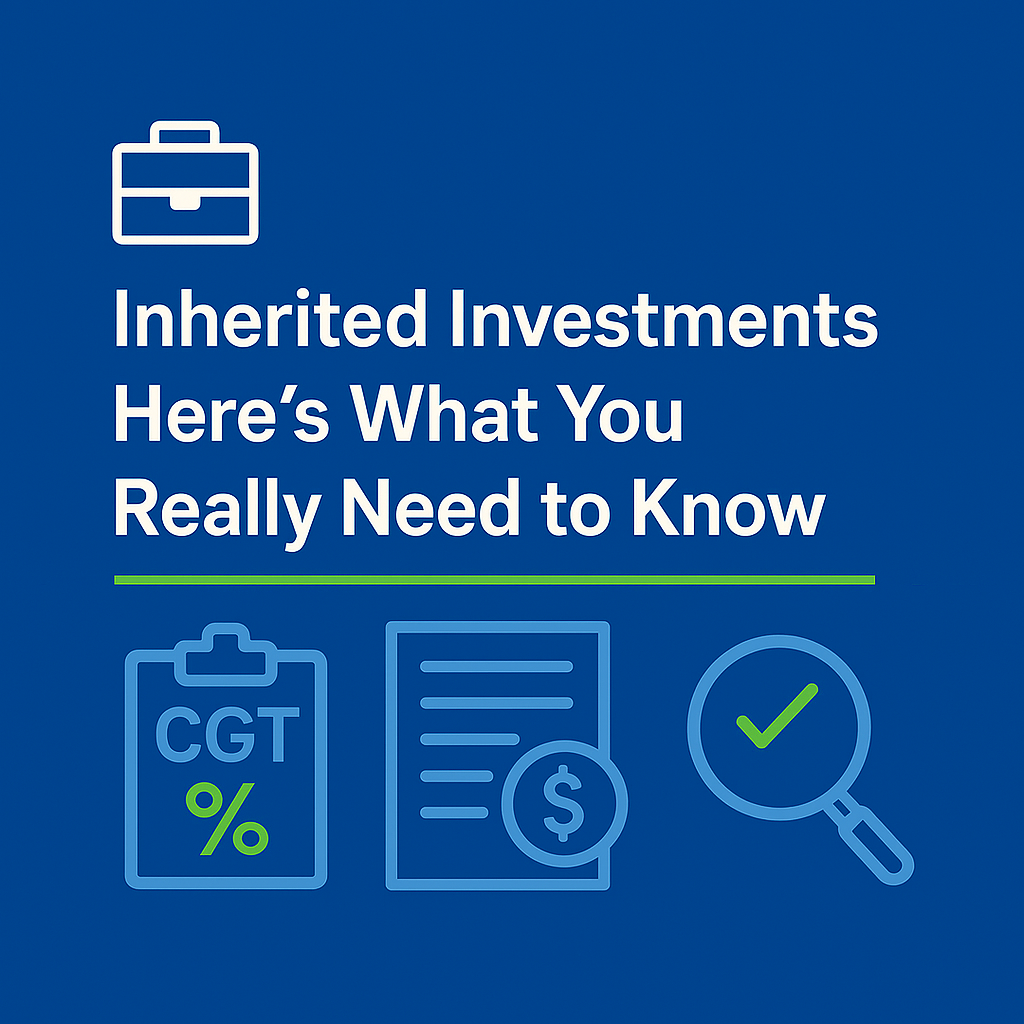Six super strategies to consider before 30 June
With the end of financial year fast approaching, now is a great time to boost your superannuation savings and potentially save on tax. Below are six superannuation strategies to consider before 30 June 2024.
Tip 1 – Use the carry forward concessional contribution rules
If you want to make up for lost time and make extra contributions to top up your superannuation, you may be able to use the carry forward concessional contribution (CC) rules (otherwise known as “catch-up concessional” rules) to make large CCs this year without exceeding your CC cap.
This strategy can allow you to carry forward any unused CC cap amounts that have accrued since 2018/19 for up to five financial years and use them to make CCs in excess of the general annual CC cap (currently $27,500 in 2023/24).
You can then make a CC using the unused carry forward amounts this financial year provided your total superannuation balance (TSB) at 30 June 2023 was below $500,000.
Tip 2 – Make a personal deductible contribution
Carry-forward contributions may also provide you with an opportunity to make higher amounts of personal deductible contributions in financial years where you may have a higher level of taxable income, for example, due to assessable capital gains.
But if you’re not eligible to use the carry forward rules to make a larger contribution, you can still boost your superannuation by making a personal deductible contribution up to the general CC cap.
It’s important to note that personal deductible contributions are only deductible if you meet all of the following conditions:
- You make the contribution to a complying superannuation fund
- You are at least age 18 when the contribution is made (unless you derived income from carrying on a business or from employment-related activities)
- You make the contribution within 28 days after the month in which you turn 75
- You notify your superannuation fund trustee in writing of your intention to claim the deduction
- The notice must be given by the earlier of:
- when you lodge your income tax return for the year the contributions were made, or
- the end of the financial year following the year the contributions were made
- The trustee of your superannuation fund must acknowledge receipt of the notice, and you cannot deduct more than the amount stated in the notice.
Tip 3 – Spouse contribution splitting
You can split up to 85% of your 2022/23 CCs before 30 June 2024 to your spouse’s superannuation if your spouse is:
- Under preservation age, or
- Aged between their preservation age and 65 years, and not retired at the time of the split request.
This is an effective way of building superannuation for your spouse and can manage your TSB which can have several advantages, such as:
- Equalising your balances to maximise the amount you both have invested in tax-free retirement phase income streams, or
- Optimising both of your TSBs to access a higher NCC cap, etc.
Tip 4 – Superannuation spouse tax offset
If your spouse is not working or earns a low income, you may want to consider making a NCC into their superannuation account. This strategy could benefit you both by boosting your spouse’s superannuation account and allowing you to qualify for a tax offset of up to $540.
You may be able to get the full offset if you contribute $3,000 and your spouse earns $37,000 or less pa (including their assessable income, reportable fringe benefits and reportable employer superannuation contributions).
A lower tax offset may be available if you contribute less than $3,000, or your spouse earns between $37,000 and $40,000 pa.
Tip 5 – Maximise non-concessional contributions
Another way to boost your superannuation is to make a NCC with some of your after-tax income or savings. The general NCC cap for 2023/24 is $110,000 and eligibility to utilise the cap depends on your TSB.
Although NCCs don’t reduce your taxable income for the year, you can still benefit from the low tax rate of up to 15% that is paid on superannuation on investment earnings. This tax rate may be lower than what you might pay if you held the money in other investments outside superannuation.
Tip 6 – Receive the government co-contribution
If you're a low or middle-income earner earning less than $58,445 in 2023/24 and at least 10% is from your job or a business, you may want to consider making a NCC to superannuation before 1 July 2024. If you do, the Government may make a ‘co-contribution’ of up to $500 into your superannuation account.
The maximum co-contribution is available if you contribute $1,000 and earn $43,445 pa or less. You may receive a lower amount if you contribute less than $1,000 and/or earn between $43,445 and $58,445 pa.
Like the superannuation spouse tax offset, the definition of total income for the purposes of the co-contribution includes assessable income, reportable fringe benefits and reportable employer superannuation contributions.
Need help?
You’ll need to meet certain eligibility conditions before benefitting from any of these strategies. Contact us before 30 June if you’re thinking about investing more in superannuation so we can help you decide which strategies are most appropriate to your circumstances.











